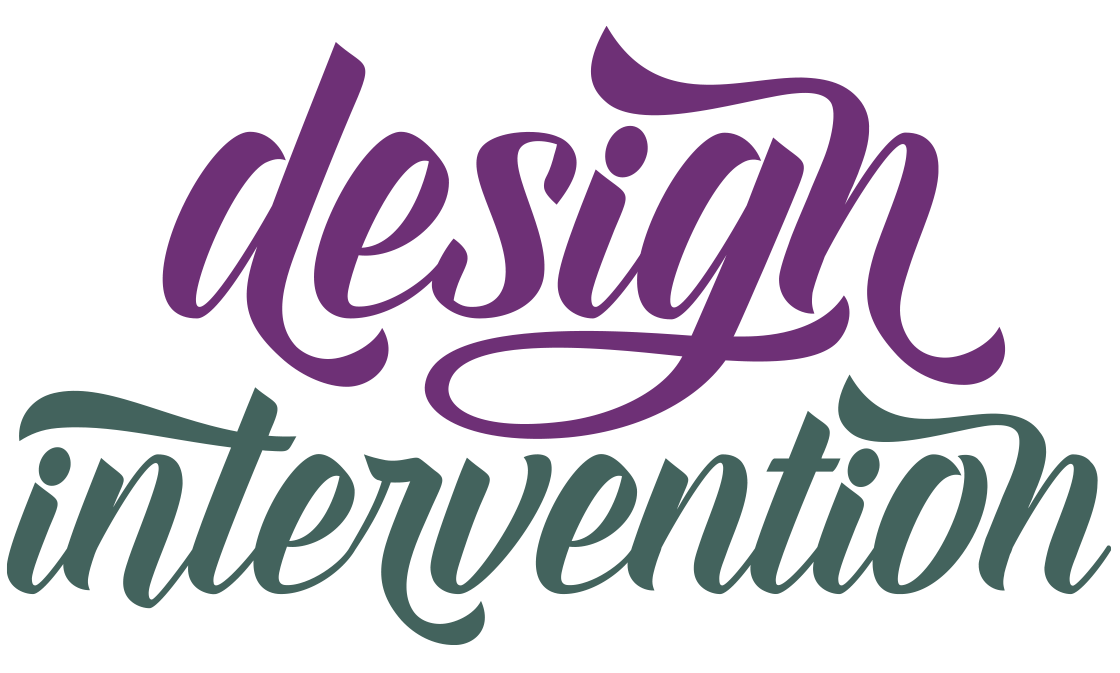Using Psychology to Ethically Influence Customers - Part 1
You may have heard of this before. You may have even tried a few of these strategies, but have you really dug into how to effectively use psychology and emotion in your marketing to hit on the pain points of your target audience and influence customers?
I recently completed a class with Arno Burger, Marketing & Business Development Expert at Mindmekka, about Marketing Psychology. In his class, he goes into great detail about consumers' needs, how they make a purchase and strategies we can use to reach customers on an emotional level in an ethical way. He says that when you can reach your audience on an emotional level, you'll better be able to help them. Over the next few months, I will share some of the info I learned from the class and give you a basic understanding of how you might be able to improve on what you are already doing with your marketing and make a stronger connection with your customers.
What We Need
We all have some basic needs we need fulfilled—things like food, shelter, feeling safe, etc. and once those needs are met, we look to achieve other needs like feeling part of a community, improving our self-worth and striving to be better people and make the world a better place. American Psychologist, Abraham Maslow first identified these needs. They are called Maslow's Hierarchy of Needs.
Most people make purchases to fulfill one of these needs. People start at the bottom, and as each need is met, they work their way up the rest of the pyramid (see graphic above). Let's look at each one:
Physiological: This defines our need for the basics of food, water, warmth, etc.
Safety: This defines our need for security and safety, health, etc.
Love/Belonging: This defines our need for feeling loved and socially accepted in a community.
Esteem: This one includes personal worth, self-esteem and feeling respected by others.
Self-Actualization: This involves reaching your full potential in life and a need for personal growth or improvement.
Why It's Important
As I mentioned earlier, most people are motivated to buy because they are trying to fulfill one or more of the primary needs discussed above. And when they make a purchase, it is usually a mix of emotional/psychological influence—meaning that the customer may have a real need for something, but it also meets an emotional need. For example, someone may choose to purchase an organic apple. We need food (physiological), and buying organic also means it's better for our health (safety) and better for the environment (self-actualization).
Burger says we buy because we want:
better health
more time
improved appearance
more self-confidence
more comfort
a better life
to avoid taking risks
to avoid losing money
to avoid leaving ourselves vulnerable to potential threats
Ethically Influence customers to buy
Now that you have a basic understanding of the emotional needs of your buyer, next month we will start to dig into some of the psychological principals used and how to apply them to your advertising to ethically influence customers to buy. In the meantime, if you need help with your marketing strategy, let's connect.

